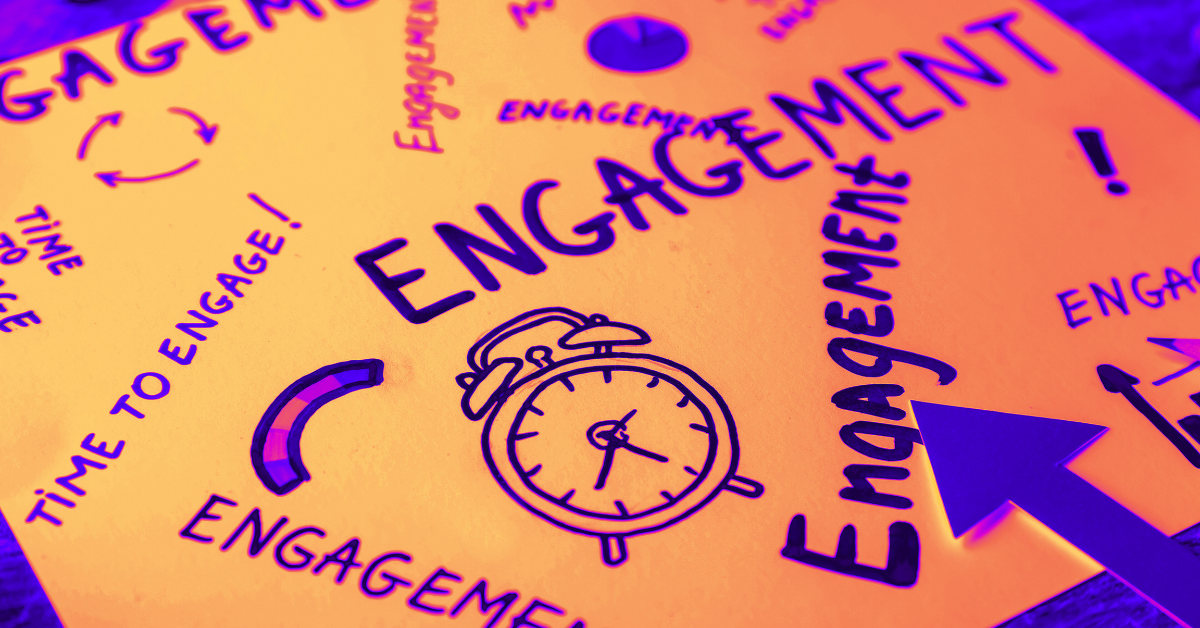Looking to boost your business's online presence and connect with your audience on a deeper level? An engagement campaign might just be the answer you've been looking for! In today's digital age, where customer interaction is key, implementing an engaging campaign can significantly benefit your business. Let's dive into what exactly an engagement campaign entails and explore the multitude of benefits it can bring to your brand.
What is an engagement campaign?
An engagement campaign is a strategic initiative designed to actively involve your target audience in meaningful interactions with your brand. It goes beyond traditional marketing tactics by focusing on building relationships and fostering genuine connections with customers. By creating compelling content, contests, surveys, or interactive experiences, an engagement campaign aims to capture attention and encourage participation from your audience.
This type of campaign is not just about promoting products or services; it's about engaging with people authentically and providing value in a way that resonates with them. Whether through social media platforms, email newsletters, events, or other channels, an engagement campaign seeks to spark interest and cultivate loyalty among consumers. In essence, it's all about sparking conversations, eliciting emotions, and ultimately driving action from your audience.
Does my business need an engagement campaign?
Engagement campaigns are essential for businesses to connect with their target audience on a deeper level. By creating meaningful interactions and building relationships, businesses can foster loyalty and brand advocacy among customers. So, does your business need an engagement campaign? The answer is a resounding yes.
No matter the size or industry of your business, engaging with your audience is crucial for growth and success. It allows you to understand customer preferences better, tailor your products or services accordingly, and ultimately drive sales.
An engagement campaign helps humanize your brand and differentiate it from competitors. It gives you the opportunity to showcase your values, personality, and commitment to customer satisfaction. This authenticity resonates with consumers and builds trust in your brand.
Furthermore, an engagement campaign enables you to gather valuable feedback from customers in real-time. This feedback loop allows you to address issues promptly, improve customer experience continuously, and stay ahead of market trends.
In today's digital age where competition is fierce and attention spans are short, standing out requires more than just a great product or service – it requires meaningful connections with customers built through engaging campaigns.
Benefits of engagements
It's clear that running an engagement campaign can bring numerous benefits to your business. From building brand loyalty and trust with customers to increasing customer retention rates and driving sales, there are many advantages to engaging with your audience in a meaningful way.
By fostering a sense of community and connection through interactive campaigns, businesses can create lasting relationships with their target audience. This not only helps boost brand awareness but also encourages customers to become advocates for the brand, spreading positive word-of-mouth recommendations.
Investing time and resources into an engagement campaign can lead to long-term success for your business. So why wait? Start planning your next engagement campaign today and reap the benefits it can bring to your business!
How do you create an engagement campaign?
Here are some examples of steps you can take to create an effective engagement campaign:
1. Set clear goals and objectives: Before you start your campaign, define what you want to achieve. This could be increasing social media followers, increasing website traffic, or improving customer retention.
2. Know your audience: Understand who your target audience is and what motivates them. This will help you create content that resonates with them.
3. Use multiple channels: Engage with your audience through various channels such as social media, email marketing, events, and influencer partnerships.
4. Create compelling content: Develop content that is relevant and interesting to your audience. This could include blog posts, videos, infographics, or contests.
5. Encourage user-generated content: User-generated content is a powerful way to engage with your audience and build trust and credibility. Encourage customers to share their experiences with your brand on social media by using branded hashtags or running a contest.
6. Personalize interactions: Make sure to personalize interactions with your audience by addressing them by name and responding to their comments or messages promptly.
7. Offer incentives: Incentives can motivate people to engage with your brand. Consider offering discounts, freebies or exclusive access to new products or services.
















Article Comments
What's on your mind? Leave a Comment.